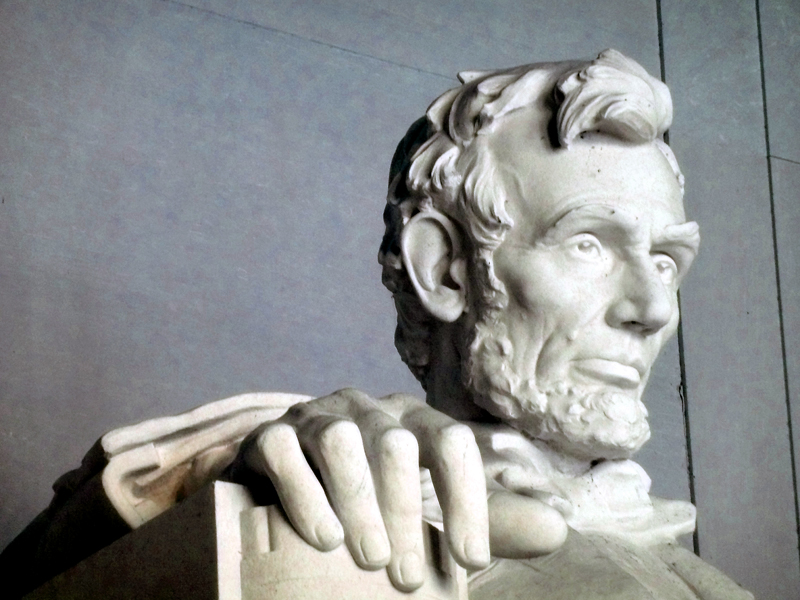Shavuot is an interesting holiday. On the one hand, we celebrate having received the Torah from God’s very mouth. This would seem to indicate that our relationship with God was absolutely faithful and strong. Yet just a short time later, the Jewish People violated one of the Torah’s most important precepts by making the Golden Calf.
We do not shy away from celebrating Shavuot even though the joy of the main event was marred. Human actions are expected to be far from perfect and many of the Torah’s most valuable lessons are learned from our deficiencies. Our main challenge is to grow from these lessons and not be buried by them.
In a similar vein, this week’s parashah discusses the Sotah woman. If a husband becomes suspicious of his wife and warns her not to seclude herself with a certain man, and she nevertheless chooses to do so, she is brought before the Kohen to be “investigated.” This priestly investigation involves bringing a barley meal-offering, and she is required to drink from the “bitter waters.” Through the drinking of the waters, her guilt or innocence is proven (see Numbers 5:11-31).
Even if she is found innocent of her husband’s major accusation, the Torah still considers her at fault for secluding herself with the other man. The description of the Sotah begins, “Any man whose wife goes astray” (ibid., 5:12). The word tiSTeH (goes astray) has the same letters as ShoTaH (idiot). Rashi explains that one does not sin unless a spirit of folly first enters into him or her. Someone with true reasoning would never fall to such temptation.
By secluding herself with another man, the Sotah did something born of complete folly; therefore she must bring an offering consisting of animal food. Just as animals act only according to their impulses, without any higher reasoning, so has the Sotah woman.
The Zohar (Raya Mehemna, Emor) explains that just as the Sotah is tested through barley, so too, the Jewish people are tested through the barley of the Omer-offering.
By bringing the Omer-offering, we are identifying with the Sotah woman and with the personal deficiencies in our relationship with God. We are saying, “We, too, have secluded ourselves with temptation and mindlessness; we, too, have sunken to very promiscuous places. However, by waving the Omer-offering in every direction, we demonstrate that God still surrounds us and we reaffirm that our relationship is still faithful and strong.”
Interestingly, even though the Sotah is at fault for secluding herself, now that she is proven innocent, she is rewarded. Our Rabbis teach that whatever childbearing issue she had beforehand will now be reversed. For example, if she previously bore children with much pain, she will now be blessed with easy pregnancy (see Sotah 26a). The great embarrassment she experienced while being investigated serves as an atonement for her wrongdoing, and her wrongful act is transformed for her merit.
We all mess up. Making mistakes is part of human nature and allows for our free will. Only our souls, which are forced to live within the confines of the human body with all of its desires and physical necessities, can give God the ultimate nachas. If we are honest, and are able to own up to our many faults and challenges, then our shame and embarrassment serve as a catalyst for blessing and our eventual success. However, if we are unable to be honest about our deficiencies and life challenges, then just like the Sotah woman, we will eventually be forced to drink of the bitter waters of life and our end will not be so sweet. May we all merit serving God with truth, amen!

